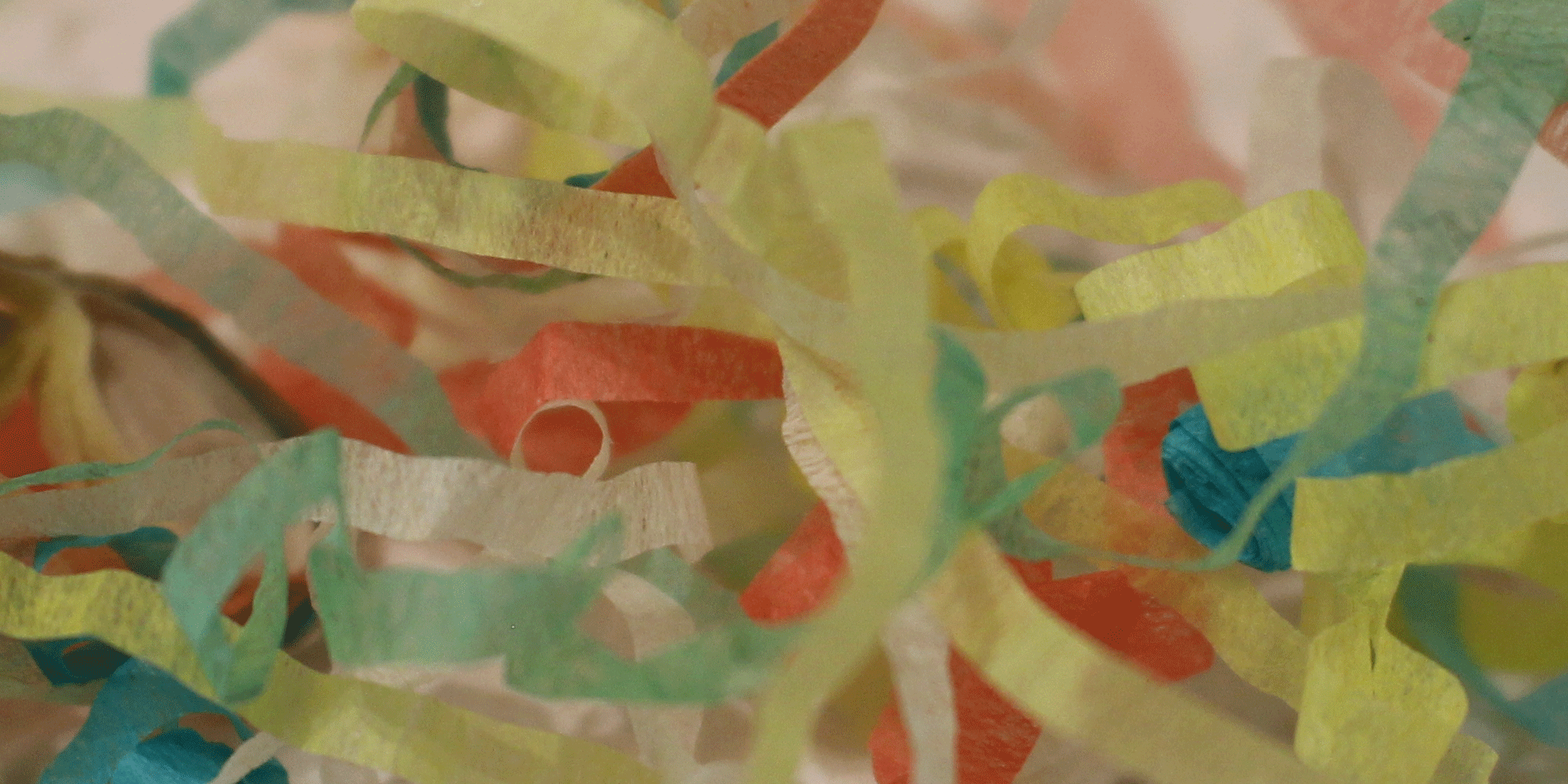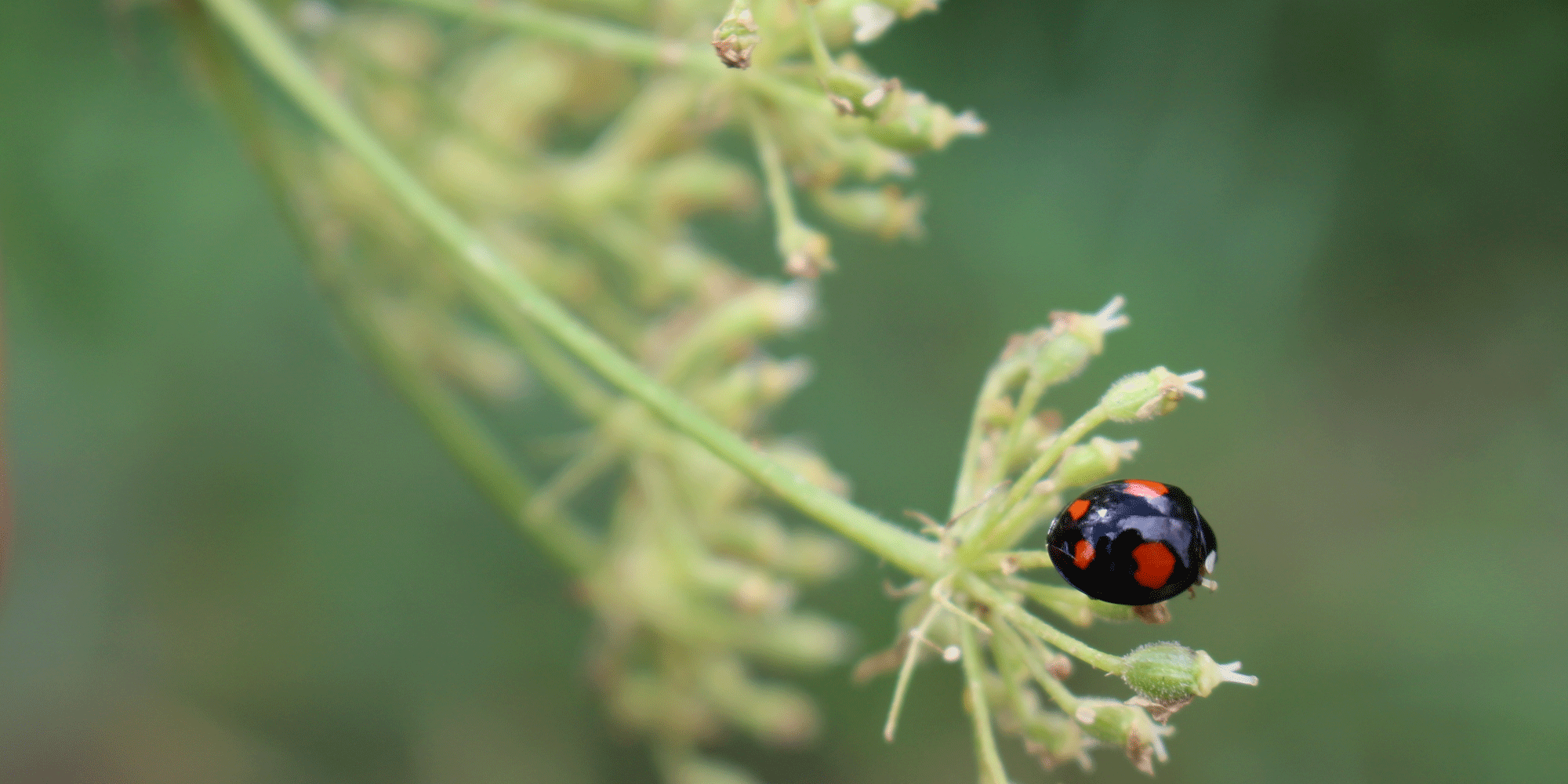


(Subject to change)
All times mentioned are British Standard/Summer Time (BST). Registered delegates will be sent joining information 1-2 weeks before the meeting. (World Time Converter: https://www.worldtimebuddy.com/)
We have tried to group similar talks, but due to the range of geographical locations of our speakers and their availability, this has not always been possible.
08:00. Opening remarks by the chair and host Dr Sarah Shigdar
08:10. Professor Marit Nilsen-Hamilton, Department of Biochemistry, Biophysics and Molecular Biology, Iowa State University, Ames, IA, USA (https://www.bbmb.iastate.edu/nilsen-hamilton-lab)
Aptamer malleability: Understanding aptamer structure and how it changes with ligand binding
08:30. Professor Julian Tanner, School of Biomedical Sciences, The University of Hong Kong, Hong Kong (Lab: https://www.sbms.hku.hk/staff/julian-alexander-tanner)
Evolution of abiotic chemistries to extend the functions of nucleic acids
08:50. Professor Mohammed Zourob, Department of Chemistry, Alfaisal University, Riyadh, Saudi-Arabia (Lab: https://faculty.alfaisal.edu/mzourob/biocv)
Aptameric biosensors for the detection of pathogen and toxins
09:10. Professor Günter Mayer, Life & Medical Sciences Institute (LIMES)
Chemical Biology, University of Bonn, Bonn, Germany (http://www.mayerlab.de)
Optoribogenetics to control cellular processes
09:30. Professor Beatrix Suess, Department of Biology, Technical University Darmstadt, Darmstadt, Germany
Next-level riboswitch development – Implementation of Capture-SELEX allows fast and easy identification of a new synthetic riboswitch
09:50. Break and poster Q&A
10:30. Dr Anna Miodek, aratinga.bio, Villejuif Bio Park, VILLEJUIF, France
Selection, engineering and in vitro characterization of CD3-specific DNA aptamers
10:50. Mr Clement Sester, The MacDiarmid Institute for Advanced Materials and Nanotechnology, Victoria University of Wellington, Wellington, New Zealand
Exhaustive characterisation of a new methamphetamine aptamer through a “general binding information sheet”– dissociation constant, secondary structure, essential part and nucleotides of the aptamer
11:05. Miss Sireethorn Tungsirisurp, University of Warwick, The School of Life Sciences, Coventry, UK
Developing an aptamer-based biosensor against the phytohormone auxin
11:20. Miss Ashwathi Puravankara Menon, Molecular Therapeutics Program, Center for Applied Medical Research, CIMA, University of Navarra, Pamplona, Spain
Identification and characterization of an RNA aptamer that elicits T cell activation
11:35. Mr Beñat Olave, POLYMAT, University of the Basque Country, Donostia-San Sebastián, Spain
First DNA-aptamers specific to non-physiological media. A SELEX towards ATP in ionic liquid
11:50. Ms Poonam Singh, Department of Biological Sciences, Birla Institute of Technology & Sciences, Pilani, Pilani Campus, Rajasthan, India
Selection and identification of acephate-specific single-stranded DNA aptamers assisted by graphene oxide SELEX
12:05. Ms Madison Ferguson, Department of Chemistry, Carleton University, Ottawa, Ontario, Canada
Aptamer selections for Islet Amyloid Polypeptide (IAPP)
12:20. Closing remarks by Dr Sarah Shigdar
15:00. Opening remarks by chair and host Dr Maureen McKeague
15:10. Professor Larry Gold (Keynote address), SomaLogic Inc, and College of Arts and Sciences, University of Colorado Boulder, Boulder, CO, USA (Lab: https://www.colorado.edu/mcdb/larry-gold)
Human Proteomics Derived from Novel Aptamers: An Early View of Big Data and Health Applications
15:40. Professor Maria DeRosa, Department of Chemistry, Carleton University, Ottawa, ON, Canada (https://carleton.ca/chemistry/people/derosa-m-c/)
Title TBA
16:00. Dr Styliana Philippou, Molecular Genetics, Function & Therapy Department, The Cyprus Institute of Neurology & Genetics, Nicosia, Cyprus
In vivo Cell-SELEX: A method for selecting highly specific cell-targeted aptamers upon systemic administration in animal models
16:20. Professor Philip Johnson, Department of Chemistry, York University, Toronto, Ontario, Canada
Design of two-sited cocaine-binding aptamers
16:40. Professor Yingfu Li, Faculty of Engineering, MacMaster University, Hamilton, Ontario, Canada (Lab: https://www.yingfulilab.org)
Targeting Clostridium difficile for detection using Functional Nucleic Acids
17:00. Break and poster Q&A
17:30. Professor Donald Burke, College of Agriculture, Food and Natural Resources, University of Missouri, Columbia, MO, USA (Lab: https://cafnr.missouri.edu/person/donald-h-burke)
Good hugs: An FAD-binding RNA Aptamer that Increases Flavin Redox Potential through Differential Binding Energy
17:50. Dr Jon Ashley, Department of Health Technology, Denmark Technical University, Lyngby, Zealand, Denmark
The use of Terminal Deoxynucleotidyl Transferase Enzyme in the Generation of DNA Libraries for the Screening of Protein Binding Aptamers
18:05. Dr David Porciani, Bond Life Sciences Center, University of Missouri-Columbia, Columbia, MO, USA
Low-affinity aptamers as probes for super-resolution microscopy of tumor cell-surface markers
18:20. Dr Judhajeet Ray, Department of Molecular Biology & Genetics, Cornell University, Ithaca, New York, USA
Perturbation of promoter-proximal pausing with an RNA aptamer targeting dDSIF
18:35. Mr Ian Thompson, Department of Electrical Engineering, Stanford University, Stanford, CA, USA
Rational Design of Aptamer Switches with Tuneable pH Response
18:50. Closing remarks by Dr Maureen McKeague
